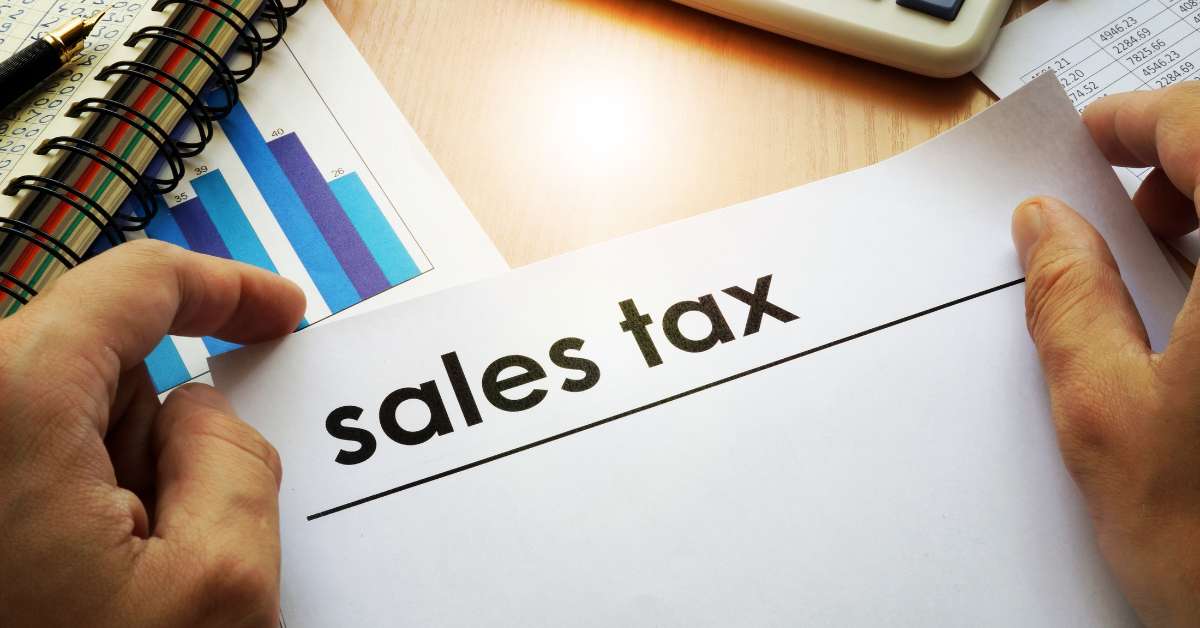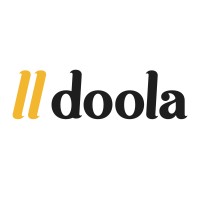Understanding New York's sales tax is crucial for entrepreneurs operating within the state, whether they're managing a physical retail location or navigating the complexities of e-commerce. Complying with both state and local tax regulations is key to avoiding fines and maintaining streamlined business operations. New York's sales tax regulations can be intricate due to varying local rates and stipulations, making it all the more important for business owners to stay informed and up-to-date.
This guide provides comprehensive information on New York sales tax, covering topics such as the registration process for businesses, possible exemptions that might apply, and the filing requirements necessary to stay in compliance. Keeping track of the ever-evolving tax landscape is vital for efficient financial planning and ensuring that your business thrives in the dynamic market of New York.

What Is Taxable in New York?
In New York, most tangible personal property is subject to sales tax. However, several items are exempt, including prescription and non-prescription drugs, most groceries, certain services like education and health care, and newspapers.
If your business sells taxable goods or services, you need to collect and remit sales tax. It’s critical to identify whether additional local taxes apply, as New York has various local jurisdictions with differing rates.
Who Needs to Collect Sales Tax?
Businesses required to collect sales tax include:
- Retailers with a physical presence in New York
- Online sellers that meet the state’s economic nexus threshold
- Certain service providers, based on the nature of the service
New York enforces an economic nexus threshold of $500,000 in sales and 100 transactions in-state per year. Businesses exceeding this limit, even without a physical presence in New York, must register and collect sales tax. Ensure compliance and avoid penalties with doola’s Bookkeeping service—it helps you navigate and adhere to such regulations.
How to Register for a Sales Tax Permit in New York
Registering for a sales tax permit in New York is straightforward:
- Gather necessary documents, such as an EIN, business license, and business structure details.
- Visit New York’s Department of Taxation and Finance website.
- Complete the online permit application.
- Receive your Certificate of Authority and begin collecting sales tax.
You are prohibited from collecting sales tax without this permit, so ensure it’s obtained before commencing taxable sales.
doola’s expert bookkeeping team can assist you with this process, alleviating stress while you focus on growing your business.
How to Calculate Sales Tax in New York
To accurately calculate sales tax in New York, follow these steps:
Step 1:
Determine the appropriate sales tax rate based on both the seller’s and buyer’s location.
Step 2:
Collect the correct amount of sales tax at the point of sale.
Step 3:
Maintain precise records of all sales transactions.
New York requires businesses to file sales tax returns quarterly, but larger filers may need to do so monthly. Stay aware of due dates to sidestep late payment fees.
Owing to local jurisdiction rates across New York, businesses must adjust for varying sales tax rates in different areas.
How to File and Pay Sales Tax in New York
Filing and paying sales tax in New York involves understanding resale certificates and which sales might be exempt. Some products or services don’t qualify, making knowledge of distinctions important.
The usual process includes logging into New York’s Department of Taxation and Finance’s online system, reporting total and taxable sales, calculating owed amounts, and making payments using accepted methods.
It can seem complicated, but doola’s specialized Bookkeeping service can help simplify it, guiding you through processes and ensuring compliance.
Common Sales Tax Exemptions in New York
Sales tax exemptions in New York apply to certain entities and transactions, including:
- Purchases made for resale with a valid resale certificate
- Sales to tax-exempt organizations such as nonprofits
- Specific farm and manufacturing purchases
To benefit from exemptions, proper certificates must be used, and accurate records maintained. Misuse can result in audits and penalties.
Remote Seller and Marketplace Sales Tax Rules in New York
For remote sellers and marketplace platforms like Amazon or Etsy, New York has distinct sales tax rules.
The economic nexus threshold is $500,000 in sales and 100 transactions, necessitating compliance from businesses surpassing these limits.
New York’s laws also require marketplaces to collect and remit sales tax for vendors utilizing their platforms, simplifying operations for smaller sellers.
What Triggers a Sales Tax Audit
The New York Department of Taxation and Finance may audit businesses for reasons such as incomplete or incorrect tax filings, consistent late payments, revenue discrepancies, or misuse of exemption certificates.
To lessen audit likelihood, maintain thorough sales records, exemptions, and tax payment documentation. Routine internal reviews can ensure tax accuracy.
FAQs About Sales Tax in New York
Here are common questions regarding New York sales tax:
Are digital goods taxable in New York?
Most digital goods, such as e-books and streaming services, are subject to sales tax. Verify state regulations for specifics.
Do out-of-state businesses need to collect New York sales tax?
Out-of-state businesses must collect sales tax if they exceed the economic nexus thresholds.
What should I do if I overcharge or undercharge sales tax?
A refund or payment to the state may be necessary. Proper record-keeping can prevent such mishaps.
Is New York sales tax applicable to services?
Many services are taxed in New York, including entertainment and data processing, so it’s important to verify applicability.
Stay Compliant With doola
Sales tax compliance doesn’t have to be complicated. Keep your business in line with regulations using knowledgeable guidance and effective tools.
doola can provide support, ensuring compliance while you focus on the growth and success of your business.




